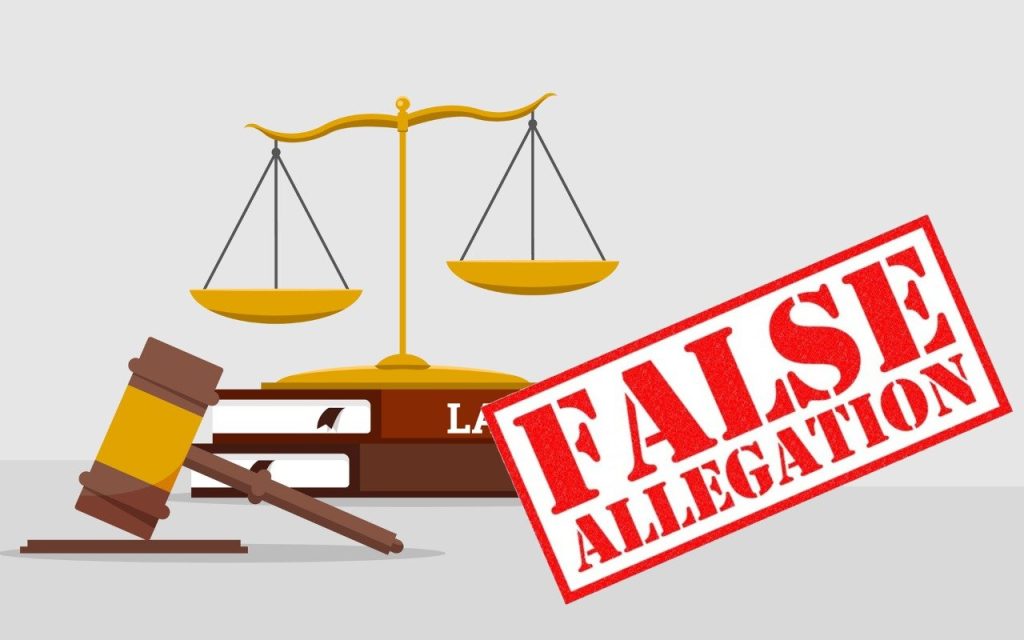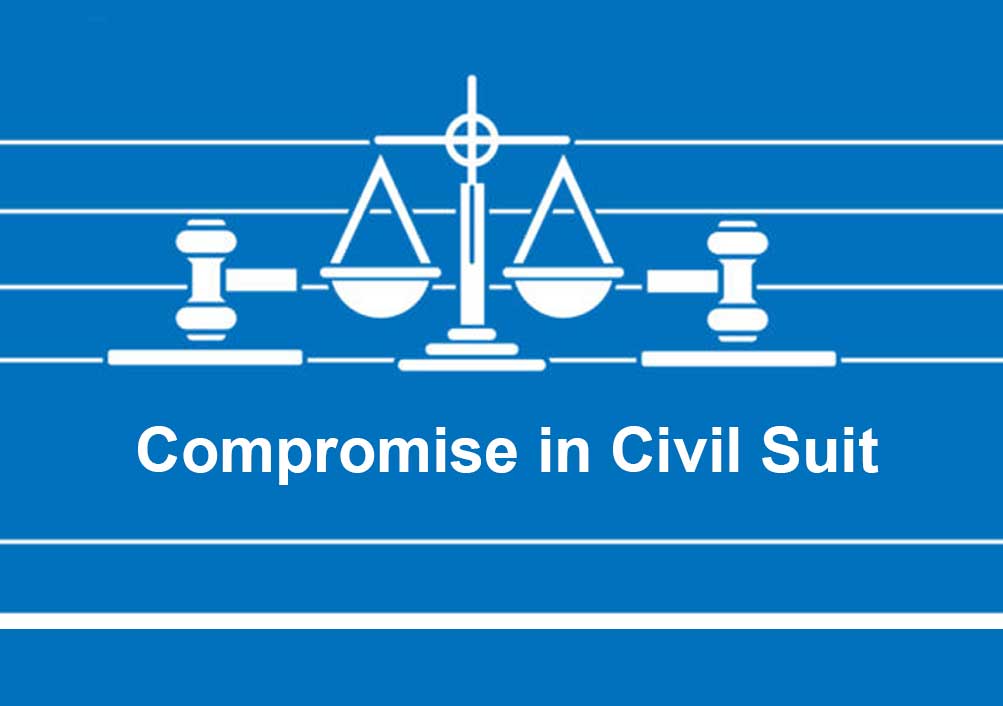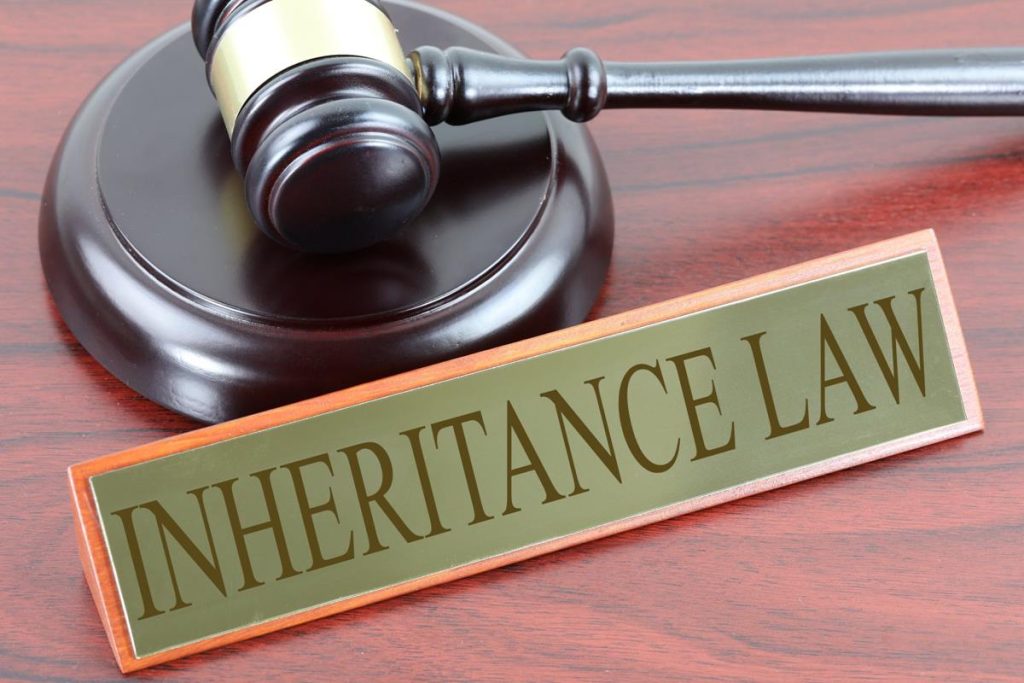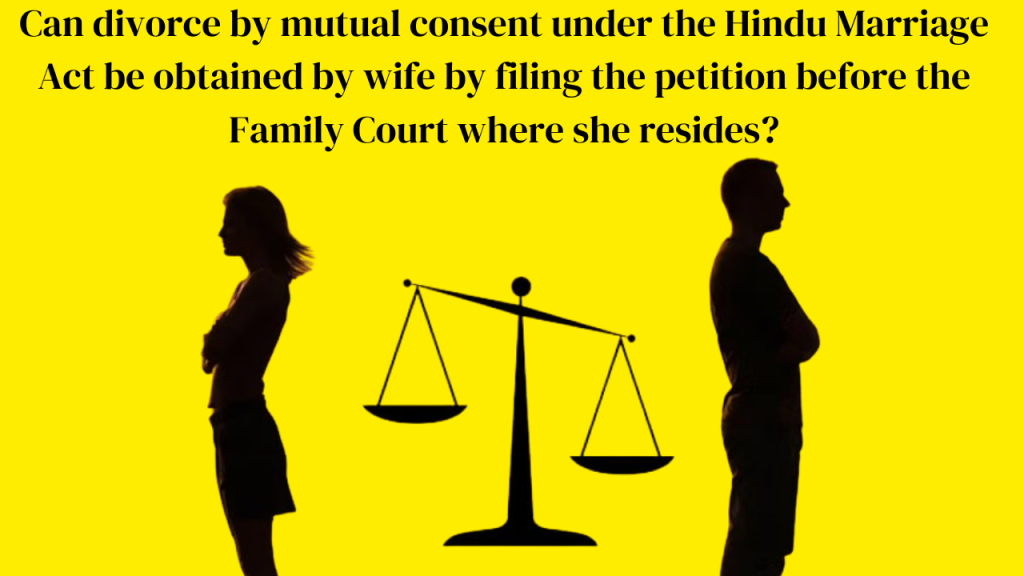The Maintenance and Welfare of Parents and Senior Citizens Act, 2007, provides for effective mechanisms that seek to protect senior citizens in India. As per Section 23(1) of the Act, where a senior citizen transfers a property to another person, subject to the condition that the transferee shall provide the basic amenities and basic physical needs, and when such person refuses or fails to provide such amenities and physical needs, then the transfer is deemed to be one made by fraud/coercion/ under undue influence, and is void at the option of the transferor. In this article, I’ll be explaining whether the clause regarding maintenance is mandatorily required in the deed itself.
Section 23(1) of the Act reads,
“23. Transfer of property to be void in certain circumstances.-
1. Where any senior citizen who, after the commencement of this Act, has by way of gift or otherwise, his property, subject to the condition that the transferee shall provide the basic amenities and basic physical needs to the transferor and such transferee refuses or fails to provide such amenities and physical needs, the said transfer of property shall be deemed to have been made by fraud or coercion or under undue influence and shall at the option of the transferor be declared void by the Tribunal…”
The provision is applicable only to transfers made after the commencement of the Act, i.e., 31.12.2007.
As per Section 2(f), “property” means property of any kind, whether movable or immovable, ancestral or self acquired, tangible or intangible and includes rights or interests in such property.
As per Section 2(h), “senior citizen” means any person being a citizen of India, who has attained the age of sixty years or above.
Bare reading of Section 23(1) and 2(f) may show that Section 23 is not restricted to a property transferred to children/relative of the senior citizen. This is because “property” includes self-acquired properties which may be transferred to third-persons, and Section 23 does not expressly state that it applies only to transfers made to children/ relatives. Other provisions in the Act use the words “parent” , “child” , “grand-parent” , “relative” , whereas Section 23 uses the terms “transferor” and “transferee” , which can be taken to mean that it is also applicable where transfers are made to those not belong to the family. Section 23 uses the term “senior citizen” and not “parent”, and this could mean that it must be interpreted widely to include possibilities that go beyond transfers made to just relatives (including children).
On the other hand, it could also be taken to mean that the transfer may be made to any of the class of relatives defined within the Act, and “transferee” must be read in the spirit of the other provisions contained in the Act.
Also, the provision also includes transfers made in other modes than just in the form of gifts. This is clear from the use of the words “by way of gift or otherwise”.
WHETHER AN EXPRESS CONDITION IN THE DEED IS MANDATORY?
As can be seen from Section 23, it does not say that the condition must be expressly stated in the deed. It says the provision is applicable when the transfer is made subject to such a condition. The manner in which such condition must have been made, is absent in the plain language of the provision.
The Hon’ble SC in the case of Sudesh Chhikara v. Ramti Devi (2022 SCC OnLine SC 1684), observed that,
“14. When a senior citizen parts with his or her property by executing a gift or a release or otherwise in favour of his or her near and dear ones, a condition of looking after the senior citizen is not necessarily attached to it. On the contrary, very often, such transfers are made out of love and affection without any expectation in return. Therefore, when it is alleged that the conditions mentioned in sub-section (1) of Section 23 are attached to a transfer, existence of such conditions must be established before the Tribunal.
15. Careful perusal of the petition under Section 23 filed by respondent no.1 shows that it is not even pleaded that the release deed was executed subject to a condition that the transferees (the daughters of respondent no.1) would provide the basic amenities and basic physical needs to respondent no.1. Even in the impugned order dated 22nd May 2018 passed by the Maintenance Tribunal, no such finding has been recorded. It seems that oral evidence was not adduced by the parties. As can be seen from the impugned judgment of the Tribunal, immediately after a reply was filed by the appellant that the petition was fixed for arguments. Effecting transfer subject to a condition of providing the basic amenities and basic physical needs to the transferor – senior citizen is sine qua non for applicability of sub-section (1) of Section 23. In the present case, as stated earlier, it is not even pleaded by respondent no.1 that the release deed was executed subject to such a condition.” (Emphasis supplied)
Upon reading the words “Effecting transfer subject to a condition of providing the basic amenities and basic physical needs to the transferor – senior citizen is sine qua non for applicability of sub- section (1) of Section 23” it has been misconstrued that the Hon’ble SC has stated that a condition must be part of the deed itself. But on reading the 2 paragraphs, it is evident that the Hon’ble SC has also looked for such an averment in the pleadings too. That is, the Hon’ble SC, after perusing the transfer deed and noting that it had no such conditions, looked into the pleadings to see if the party alleges any other form of agreement between the parties. Only because the party did not state any such thing in the pleadings before the Tribunal or before it, the Supreme Court has held against them. It also observed that without any conditions in the deed, and any pleading alleging such agreement between the parties, the party only stated that the appellant had no intention to take care of the mother. It observed,
“16. We have perused the counter affidavit filed by respondent no.1. Even in the counter, it is not pleaded that the release was subject to such a condition. It is merely pleaded that the appellant had no intention to take care of her mother. Thus, the order of the Maintenance Tribunal cannot be sustained as the twin conditions incorporated in sub-Section (1) of Section 23 were not satisfied. Unfortunately, the High Court has not adverted to the merits of the case at all”. (Emphasis supplied)
Therefore, it can be said that a condition could be orally agreed or could be part of the transfer deed, and either way, the transferee will be bound by such a duty to take care of the senior citizen making such transfer.
The Bombay HC in Ashwin Bharat Khater Adult v. Urvashi Bharat Khater Adult (2023 SCC OnLine Bom 1921) interpreted paragraph 14 of the Hon’ble SC’s judgment in Sudesh Chhikara (supra) to mean that the Supreme Court did not lay down that a condition had to part of the deed, but that it could also be established before the tribunal, where it is not part of the deed. It held that,
“29. The Apex Court has thus held that the existence of condition can even be established before the Tribunal. This would in fact indicate that the existence of such condition need not be reflected in the Deed itself in the form of a covenant or a recital and the same can be established before the Tribunal.” (Emphasis supplied)
CONCLUSION:
- The Judgment of the Hon’ble SC is misquoted in several articles that it held that a express condition is mandatory for invoking Section 23(1). However the fact is that such condition is mandatory, but the same can be agreed between the parties without expressly stating it in the deed.
- While drafting a deed, gift or otherwise, one must consider the possibility of abuse of absence of a specific clause regarding maintenance, and as a precaution always include such an express clause.
- In the absence of such clause, the senior citizen has to plead and establish before the Tribunal/ Court that there existed an oral agreement between the parties at the time of transfering the property, that the transferee would take care of the transferor.









